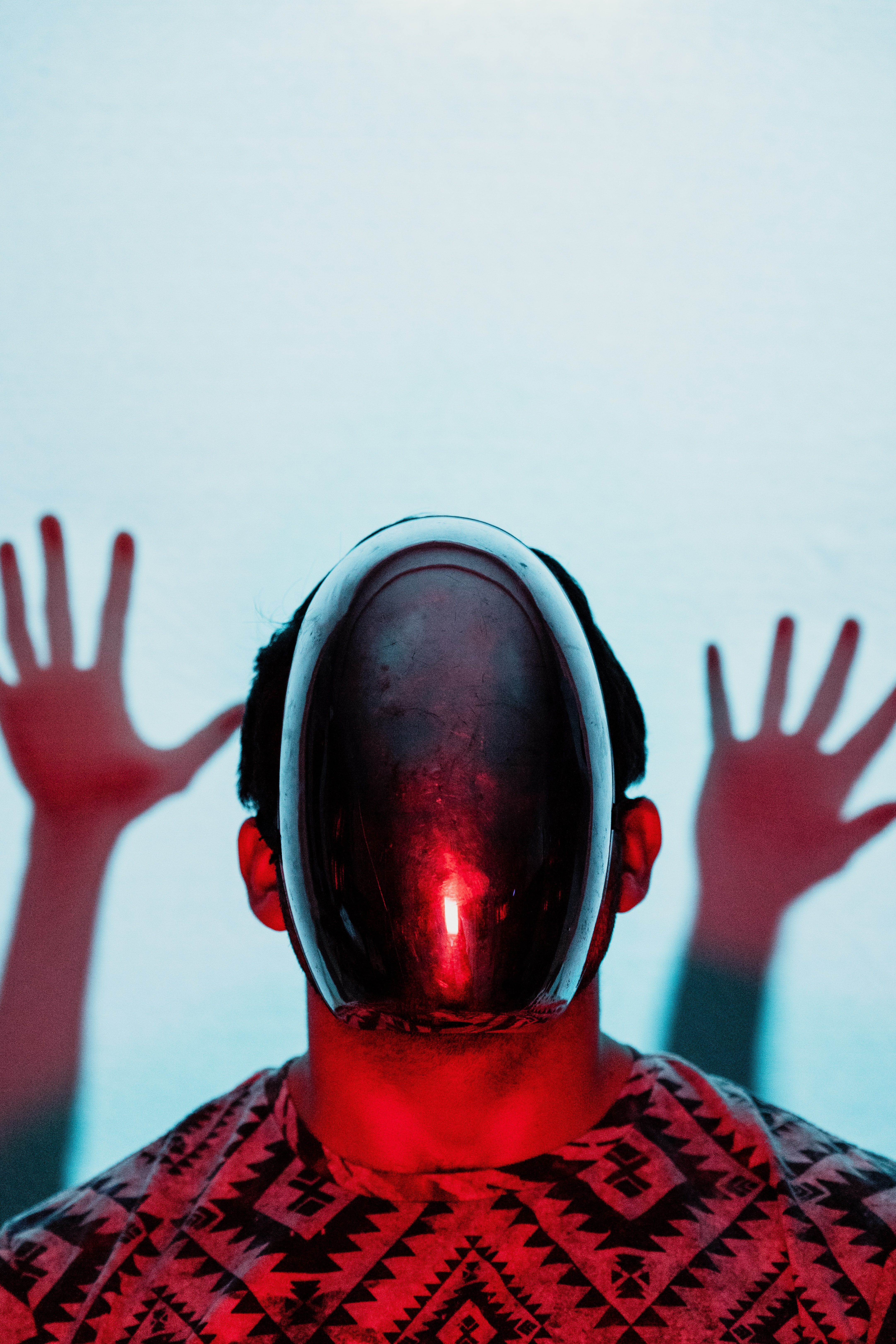Organizations are beginning to grasp the severity of burnout and the impact it has on your life and health in the long term. Work can be stressful, and due to many factors including a combination of hours, tasks, measurement and intensity, some jobs result in mental, physical and emotional exhaustion. If stress accumulates to a breaking point, you reach overload, fatigue and ultimately burnout.
Job Burnout On The Rise
A survey reported this month by Skye Learning found that a majority of American workers have job burnout. Gallup studied nearly 7,500 full-time employees and found that 23% reported feeling burned out at work very often or always, while an additional 44% reported feeling burned out sometimes. Recently the World Health Organization officially recognized “employee burnout” as a medical condition. Burnout costs organizations in the form of high employee turnover, increased medical and insurance costs and drops in productivity. It can be even more dangerous for you, the employee, because it puts your well-being and mental health at risk.
Your Decision-Fatigued Brain
When you make decisions after working days on end, chances are they’ll be different from the ones you’d make after your brain has a rest period. Why? Scientists have discovered a phenomenon known as decision fatigue—which is what happens when your brain is worn out, depleted of mental energy. Decision fatigue is why many wage earners have little mental energy left over for activities outside of work. After hours of nonstop working, your brain can suffer from cognitive overload, compassion fatigue and burnout. The longer you work and the more choices you make in those extended work hours, the more difficult it is for your strained mind to make sound decisions. It becomes hard to make even ordinary choices, such as what to wear, where to eat, how much to spend or how to prioritize work projects. So you start to take short cuts, permitting your newly licensed teenager to drive the car on an icy night or opting out of responsibilities and decision making at work. You’re short with coworkers and loved ones; you eat junk food instead of healthy meals; you tell your spouse to pick the restaurant for dinner.
To prevent decision fatigue and burnout, your brain needs restorative rest just like your body does when you’re tired. You can change bad habits and prevent stress accumulation and burnout by engaging in certain activities such as brisk exercise, relaxing in nature, power napping and in practices such as deep breathing, progressive muscle relaxation, prayer, meditation, laughing, yoga, massage and tai chi. While these tools never go out of style, some of the world’s top companies such as MetLife and Humana are employing innovative new technology to offset burnout by enhancing employee engagement, improving customer experience and providing a more emotionally intelligent and empathetic workplace. And this month Thrive Global acquired Boundless Mind, a neuroscience-based Artificial Intelligence (AI) company to advance its core mission to help individuals and corporations unlock human potential and shape technology for the better.
Dr. Skyler Place, Chief Behavioral Science Officer and Head of People at Cogito, told me, “One significant working population that is highly susceptible to burn out is call center workers, of which there are an estimated five million in the U.S. alone. Their working environment leads them to feel a lack of support and control. They are caught between customers who are often frustrated and management who is under pressure to achieve corporate goals. Performing repetitive tasks and carrying the burden of emotionally tense situations is extremely draining, even for the most seasoned professional. In the call center specifically burnout and churn are on the rise, and many organizations can experience churn of greater than 50%, according to the 2018 Contact Babel Decision Maker’s Guide.”
According to Dr. Place, some organizations are looking at new technological advancements that can help alleviate cognitive overload, compassion fatigue and employee burnout: “One such technology comes from Cogito, which leverages a foundation of behavioral science in combination with Artificial Intelligence (AI) to guide employees, especially during stressful customer interactions, empowering them and helping them perform better. One large insurance company has stated how employee churn has decreased by 10% amongst agents as a result of Cogito’s in-call communication guidance, more objective feedback from supervisors and better customer rapport. Cogito is unique in its application, where traditionally technology was deployed exclusively to provide insights to management and ignored the emotional state of the employee. Cogito is designed to recognize the behavioral dynamics of each individual and deliver in-the-moment coaching that helps them professionally manage a given situation. Cogito applies AI to augment an employee’s—and specifically call center agent’s—natural abilities, giving them the assistance they need to better help emotional customers and meet their performance goals.”
Cogito’s AI coach analyzes human behavior through voice and provides in-the-moment feedback during conversations. The software provides nudges to call-center agents via the display of in-the-moment cues—for example a coffee cup when energy is low or a heart when a customer’s emotional state changes, indicating a need for empathy. It guides agents during conversations to be more emotionally intelligent, which takes some of the cognitive burden off of them and helps better control conversations. It also helps them lead customers through challenging situations without taking on the emotional burden. The nudges Cogito applies lead to positive behavior change that helps the agent and the customer while driving operational value for the organization.
Dr. Place concludes that this win-win dynamic comes from applying behavioral science in a way that can reduce burnout while increasing value to the corporation, “This is the true calling for AI—augmenting humans in ways that increase their quality of life, providing in-the-moment and on-the-job training and allowing their organizations to be competitive in the market.”


